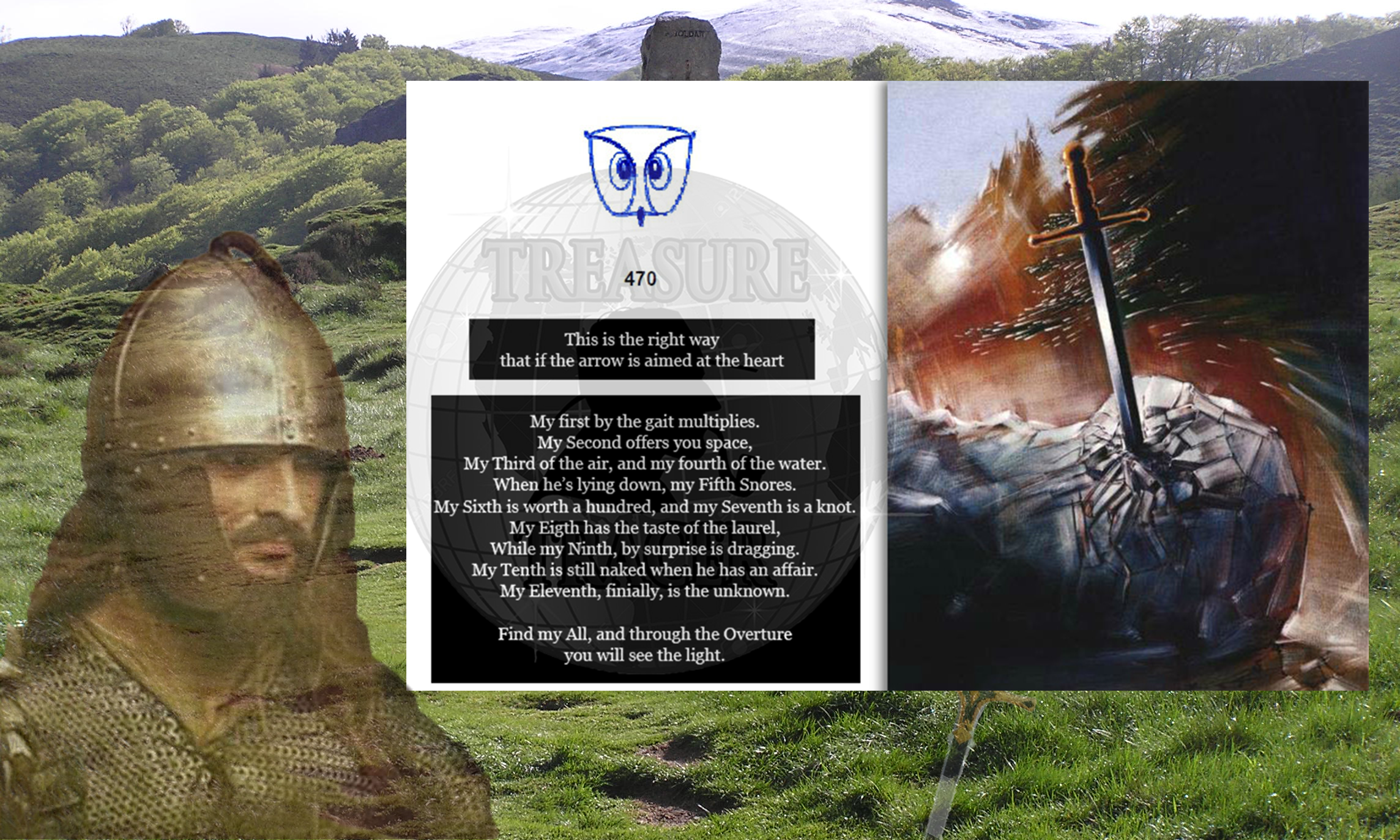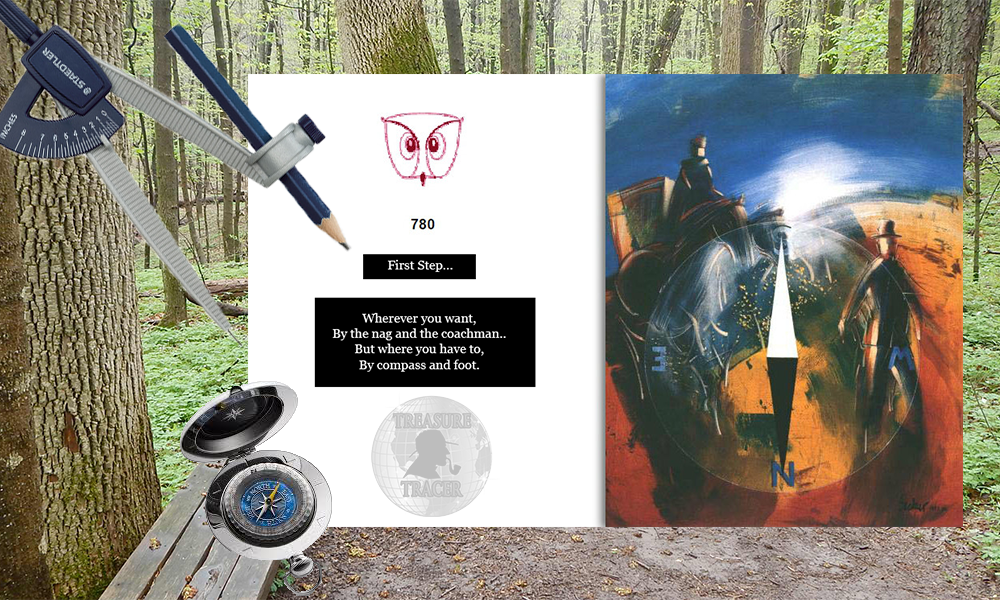
Whether you’re engaged in metal detecting, mining, or the pursuit of hidden treasures, the allure of discovering a substantial cache that could transform lives is a universal dream. What is often overlooked, however, are the potential repercussions and consequences that come with revealing news of such finds.
We’ve all heard tales of treasure-hunting teams or salvage companies uncovering famous shipwrecks laden with riches, a phenomenon witnessed several times in the past two decades. In these instances, individuals invest thousands of hours and, in many cases, millions of dollars renting large equipment over several years to locate the treasure. Yet, upon discovery, the country of origin typically lays claim to the riches and, at best, offers the fortune hunters a mere 10% stake, if retrieval is allowed at all. Despite the government entity not investing time or resources in locating the ship for centuries, successful finders often find themselves at the mercy of the country’s claims.
In recent years, small hoards of gold have been discovered on land, necessitating mandatory reporting to government entities. In Pennsylvania, a discovery of Civil War gold led to the intervention of authorities and the FBI. After being told to leave the excavation site for the night, the individuals returned the next morning to find that excavation had taken place overnight, the gold was gone, and the FBI had disappeared.
In the late 1930s, Milton “Doc” Noss discovered large gold deposits in the mountains of Southern New Mexico. Once the U.S. government got wind of the find, they decided to build an army base in that precise location and commandeered the mountain. Similarly, in the late 1860s, substantial amounts of gold were coming out of the northwestern part of Wyoming. By 1872, Ulysses S. Grant claimed the area as a National Park, now known as “Yellowstone.” Even today, metal detectors are prohibited in Yellowstone National Park. In both instances, as soon as the government gained complete control of the land, their military was sent in to retrieve any and all gold concentrations they could find.
Designed treasure hunts present a different challenge. While only a few of significant value have occurred in the last fifty years, the winners often faced repercussions. Competitors claimed their answers were stolen, leading to lawsuits in the hope of a swift settlement. Additionally, the owner of the land where the cache was hidden might stake a claim. In the Masquerade hunt, the initial claim by the church property, where the golden hare was hidden, was dropped out of fear of public perception. If a cache is hidden on government land, the government will almost certainly make a claim, regardless of written law. Therefore, it is advisable to have a well-thought-out plan when creating or solving a treasure hunt, considering these inevitable situations. The more elaborate the plan, the better.
All these stories teach us that if you’re fortunate enough to find something significant, receiving credit and keeping it for yourself is a complex challenge. Imagine finding yourself in a cave with 300 pounds of gold bars in front of you – now, the dilemma is figuring out how to liquidate the gold into currency without raising any questions at the risk of having it confiscated. Taking the gold to a dealer and collecting cash is not as simple as it may seem. If the government has taught us anything, its that they believe all treasures belong to them. And if you find yourself the fortunate winner of a designed treasure hunt, take the time to plan every move before the announcement as the inevitable will happen. Happy Hunting!





